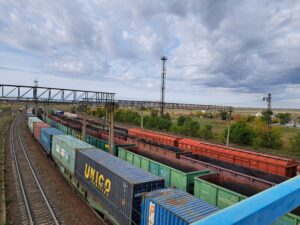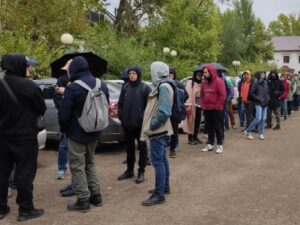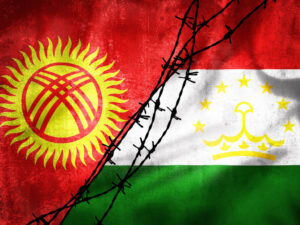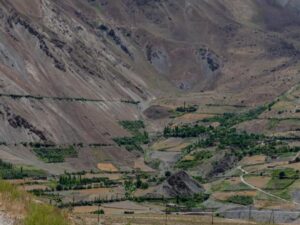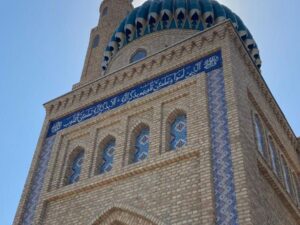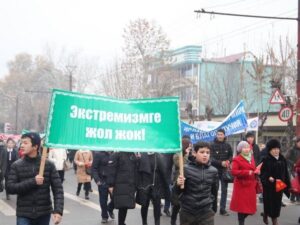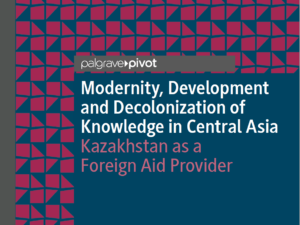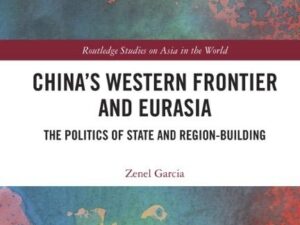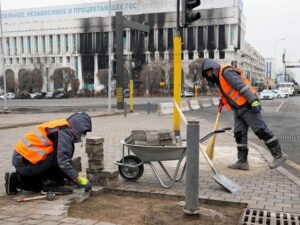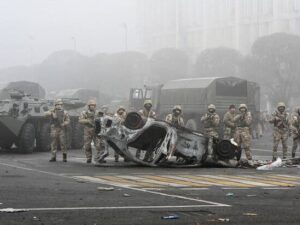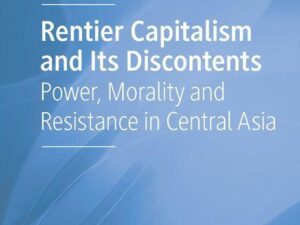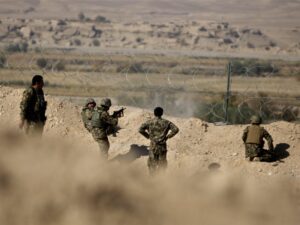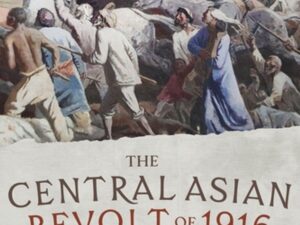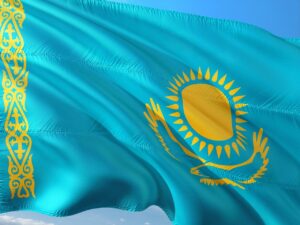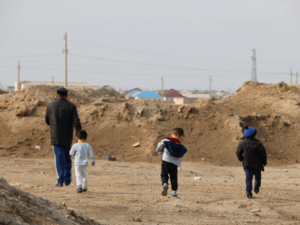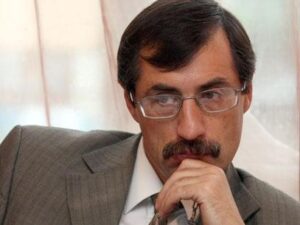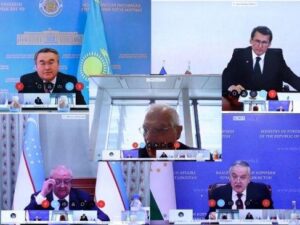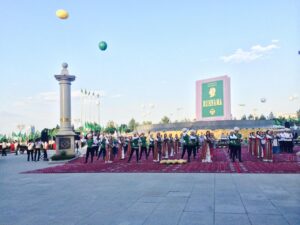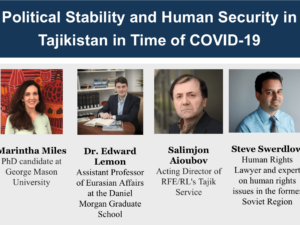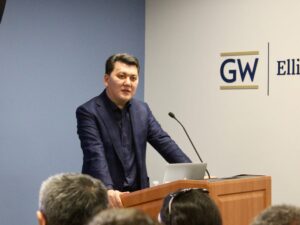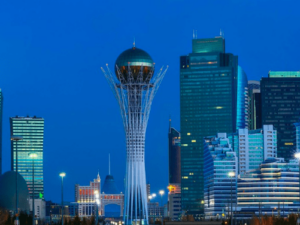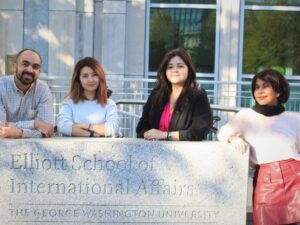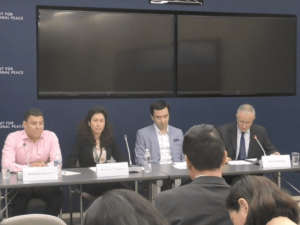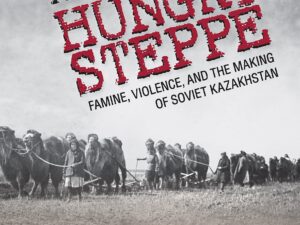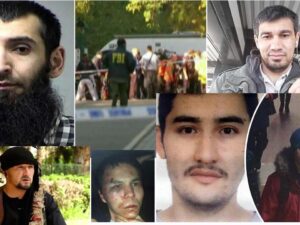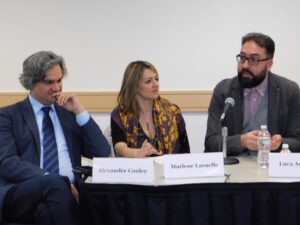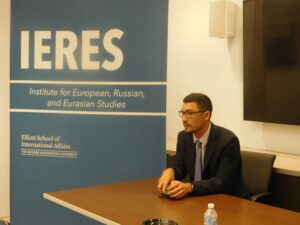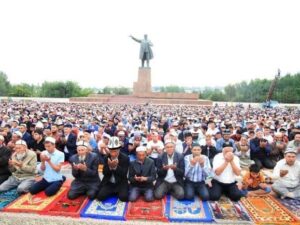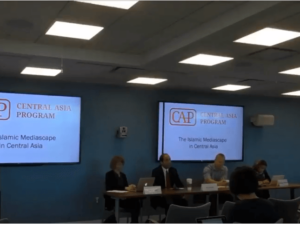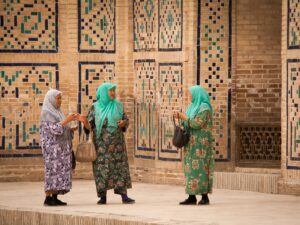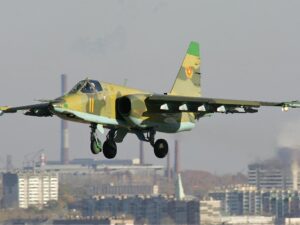
- This event has passed.
Preventing and Countering Violent Extremism and Radicalization that Lead to Terrorism in Central Asia – Reflections on Challenges and Opportunities
28 January, 2021 @ 10:00 AM – 11:00 AM

The multifaceted nature of violent extremism and terrorism in all its forms suggests that conditions conducive to violent extremism and terrorism are similarly diverse. Some of the cardinal root causes tend to be ideological, political, economic, or religious in nature; but also coupled with confounding causes linked to issues like mental health or education, to mention just a few.
Several thousand citizens from Central Asia are known to have joined the self-proclaimed “Islamic State of Iraq and the Levant (ISIS/Daesh)” as Foreign Terrorist Fighters (FTFs). Many of them and their families have been repatriated to their countries of origin by their respective Governments as part of Government-led repatriation programs, a move widely praised in the region but also in the international arena. This opens up questions about the degree of multiagency preparedness among state and non-state actors with regard to reintegration and rehabilitation aspects, as well as the potential prosecution of FTFs in line with the international human rights law, including international humanitarian law and refugee law as prerequisites for the protection of the lives, health and dignity of persons.
Please join the Central Asia Program for an opportunity for a frank exchange of ideas on the theme of prevention and countering violent extremism in Central Asia, including on the challenges and opportunities that lie ahead for domestic actors but also the international community as a key partner in the region with Fejzo Numanaj.
Featured image by Mr. Rustam Vagapov. The Madrasa of Sher-Dor in Samarkand. Courtesy of History of Central Asia and Khorasan, Twitter @BiruniKhorasan.
Speakers

Fejzo Numanaj, a former practitioner with multilateral organizations in the region.
Fejzo Numanaj currently works in Vienna, Austria, at the Secretariat of the Organization for Security and Co-operation in Europe (OSCE) as the Deputy Head of the Action against Terrorism Unit, Transnational Threats Department. He has held several senior functions with the OSCE in Central Asia, Eastern and South-eastern Europe, delivering in the areas of democratization, preventing and countering violent extremism and radicalization to violence and terrorism, arms control, and border management and security.

Sebastien Peyrouse, Moderator
Sebastien Peyrouse, PhD, is a research professor at the Central Asia Program in the Institute for European, Russian and Eurasian Studies (George Washington University). His main areas of expertise are political systems in Central Asia, economic and social issues, Islam and religious minorities, and Central Asia’s geopolitical positioning toward China, India and South Asia.





